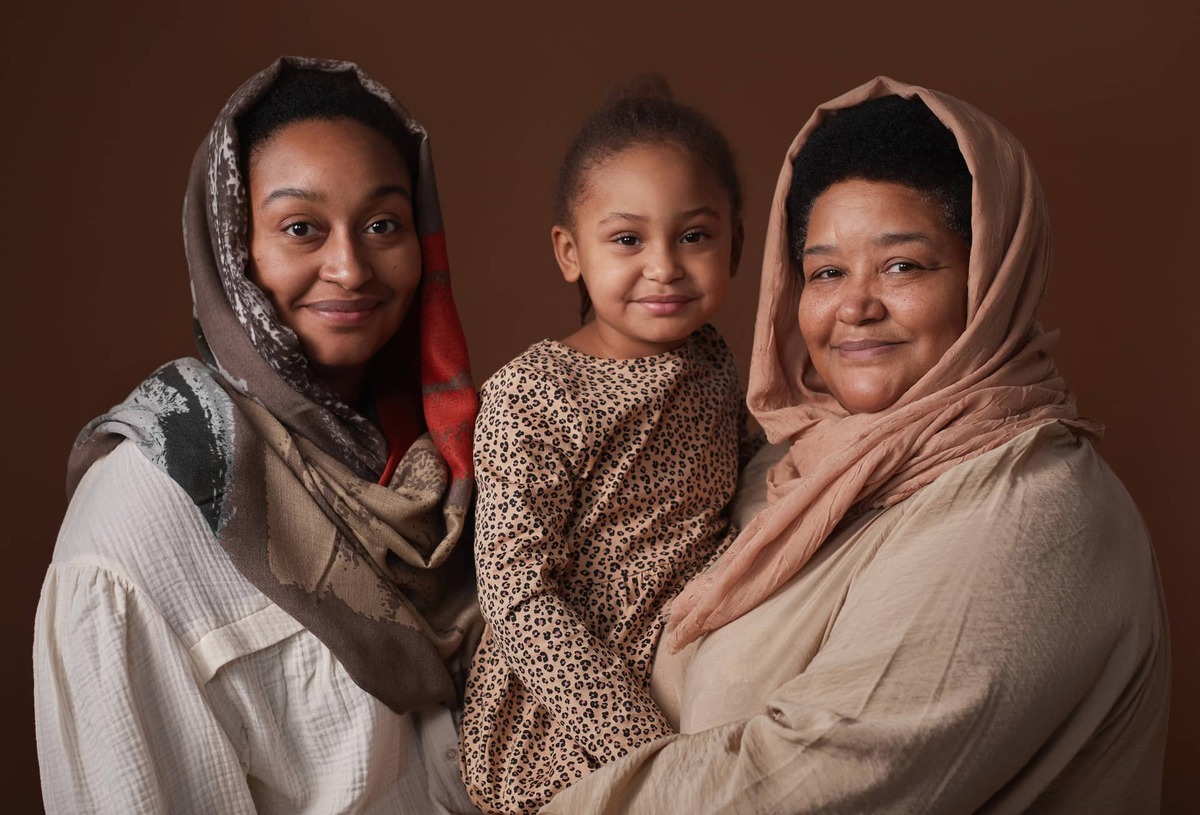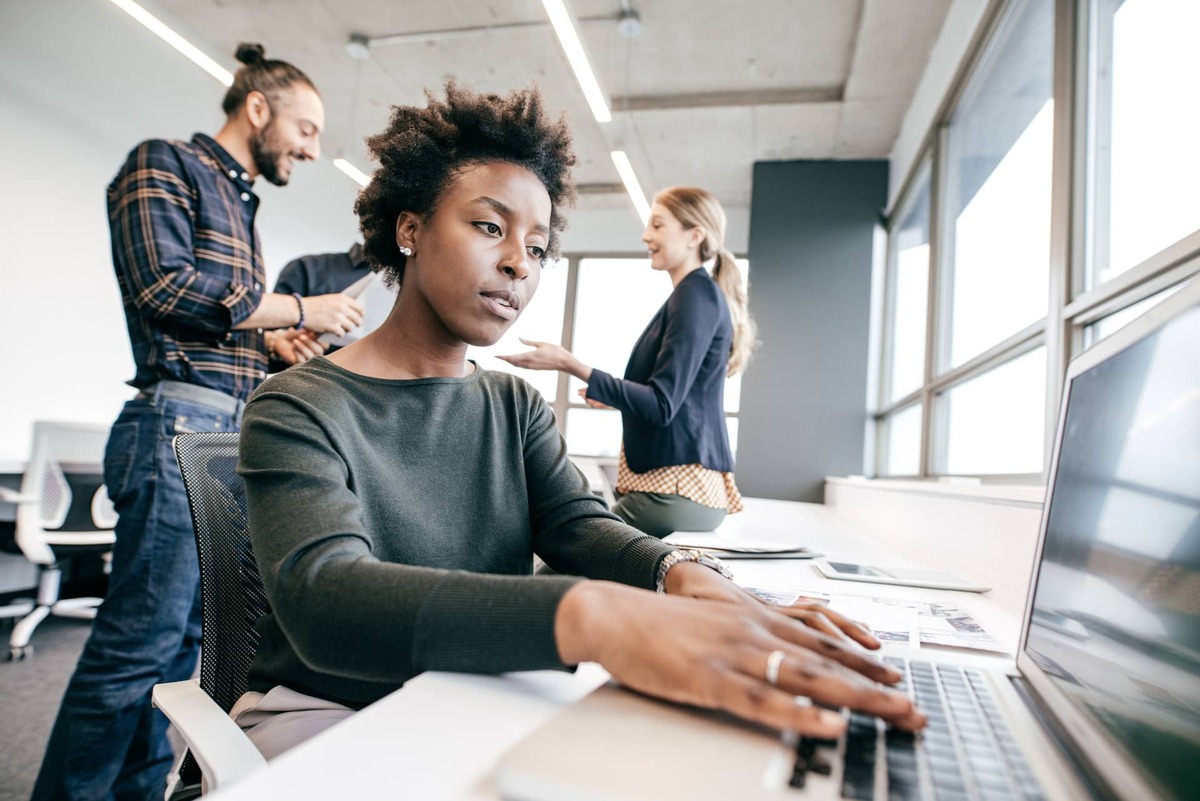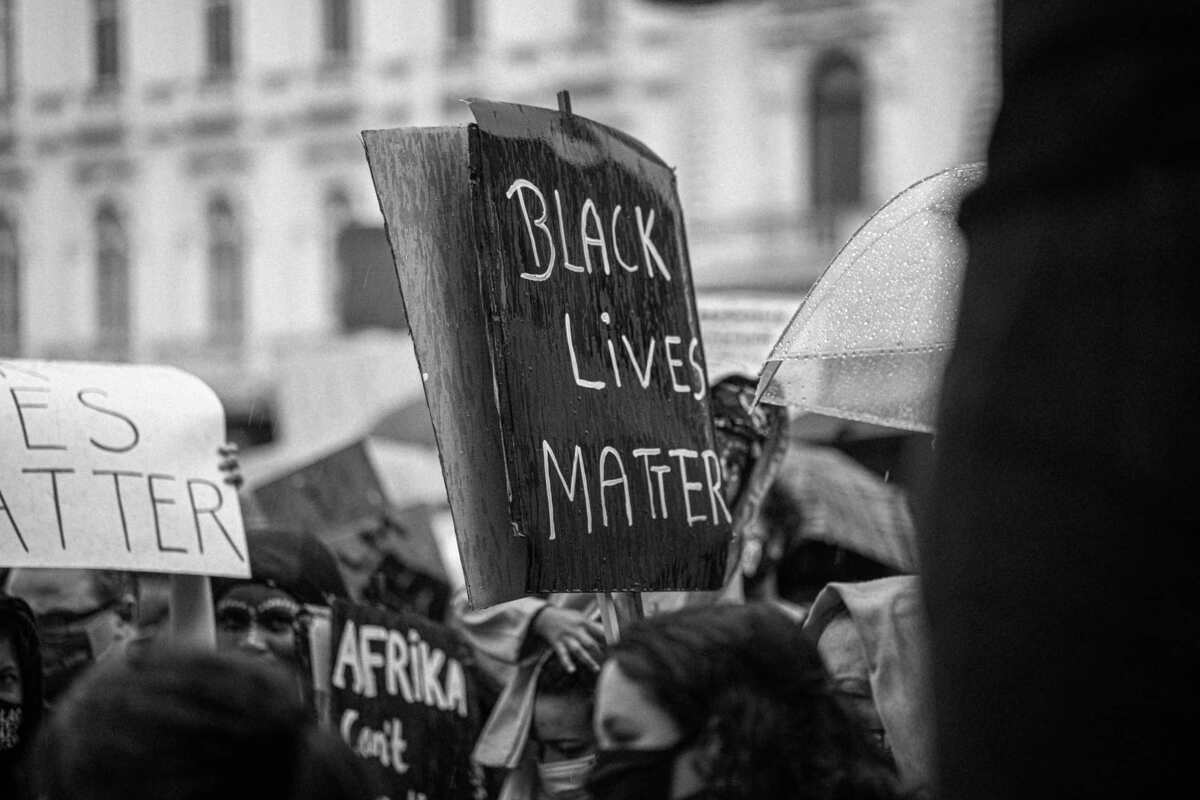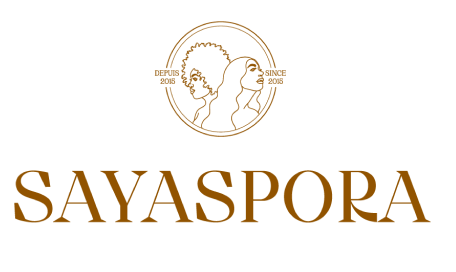December 8, 2023

By Sayaspora
The time for conversation is never over! Sayaspora wanted to tackle, with the freedom of tone that characterizes us and without taboos, social issues directly affecting women of the African diaspora. If you missed it, don’t panic, here are a few highlights summarized in this article! The various resources of the Impactful conversations project, i.e. video capsules and podcast episodes, are available on our website. We look forward to hearing from you!
« Although I don’t feel like I fully belong to Montreal society, I do feel part of the city’s cosmopolitan side. »
We’re willing to bet that you’ve already discussed the subject with those around you, or that you’ve already wondered about it, but didn’t dare bring it up!
The first video highlighted, through the testimonies of 3 women from different backgrounds and in whom you’ll probably find yourself, the difficulties they could encounter when it came to feeling part of or legitimate within Montreal society. Whether they had recently immigrated or were born here, a number of factors were mentioned that could explain these difficulties.
Through the testimonies of Sarah, Blabina and Maty :
- The difficulty of identifying with the image we have of what it means to be Québécois.
- The fact of not being able to express our voice through the ballot box, since we don’t necessarily have Canadian nationality, which would be the most direct way for us to bring about concrete change. Nuanced by the fact that voting is increasingly seen as an effective way of transforming society.
- The obstacles and misunderstandings we’ve encountered in our interpersonal relationships since arriving in Quebec.
You’ll see that the ways in which each of them has overcome these obstacles opens the door to profound questions that we had the opportunity to develop during our events, and that was precisely the aim!
What does it mean to fit in? Civic engagement? Do your feelings also differ depending on whether we’re talking about Montreal, Quebec or Canadian society?
You’ll find that, at least for them, some words are obviously harder to pronounce than others!
« Why do we always refer to a white society when we talk about wanting to integrate into Quebec? »
We wanted to debate and hear what you had to say! And so, during the event organized around this theme, tongues were loosened, opinions diverged, and some wonderful reflections emerged!
The 20 women present were able to express their views on the complexity of the very term “belonging”. Surprisingly, some Montreal-born women said they felt on the bangs of society, while others who had recently arrived considered themselves an integral part of it!
This raises the question of what actually defines Montreal and Quebec society, who makes it up, and why we necessarily think of it as white.
It’s often made abundantly clear that most of them no longer count on the political system as we have known it to carry our voices or to move society towards greater equality and justice for minorities. That’s why many of them have chosen to make their voices heard and get involved in other ways:
- By creating or becoming professionally involved in organizations specializing in these issues and working to bring about the concrete changes they want to see.
- By volunteering their time on company projects that are close to their hearts.
- By grouping together and organizing themselves, we can make our voice stronger and more influential with the various decision-making bodies.
Each was able to express what it meant to her to “take her place in society. » and by what means she did or intended to do so, for those who felt the need. If you weren’t able to join our conversations, we hope you too have a space in which to discuss these issues!
« It’s all politics! »
The related podcast episode, which we strongly invite you to listen to, welcomes the fascinating and passionate Saphia Arhzaf! A Canadian/Moroccan born in Montreal, she studied political analysis, holds a master’s degree in intercultural communication and is particularly interested in feminist dialogues between Christian and Muslim feminists in Montreal. She is currently a gender equality advisor in Senegal, where she has been living for the past 2 years.
We felt it was important to look back at the historical reasons that led to the inequalities and prejudices that women of the African diaspora suffer in our society today. And why such differences between Montreal, Quebec and Canada in the sense of belonging felt by these women?
I might as well warn you, I’m putting my finger on some controversial subjects!
This episode leads us to reflect on how everything today is political, and how it’s possible to make your voice heard and bring about concrete change, in a multitude of ways.
What’s yours?





